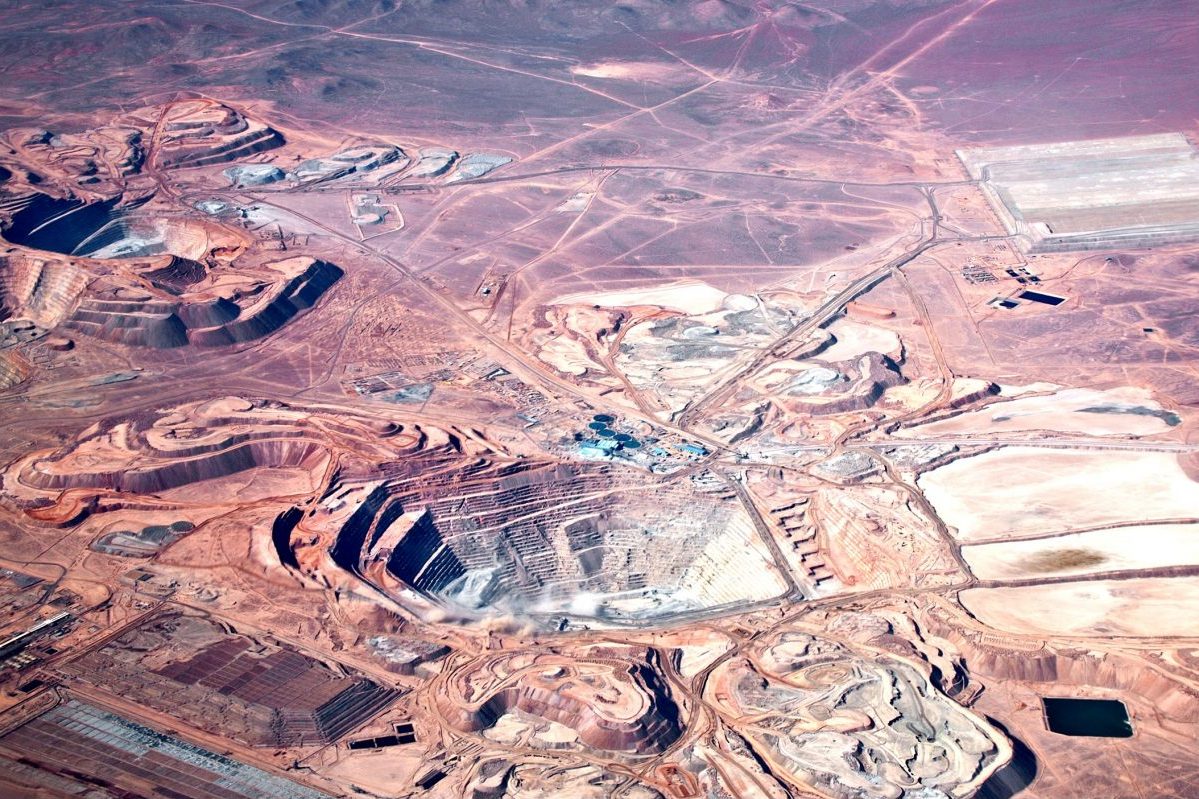In many mining areas, the consequences for people and the environment are not documented.
The energy transition cannot be achieved without mining, wrote the consulting firm EY in a report last month (we reported). Similar to the transport transition to electromobility, the transformation to climate neutrality in energy generation is accelerating significantly and the demand for critical raw materials such as lithium, cobalt and rare earths is growing. The same also applies to the construction industry, for example, which requires vast quantities of sand to produce concrete for numerous large-scale projects. More than a year ago, the Federal Institute for Geosciences and Natural Resources (BGR) warned of a shortage of sand and other raw materials required by the construction industry.
In addition to expanding the circular economy for important resources, there is only a little way around developing new raw material deposits. This means that mining will also penetrate largely untouched areas. Meanwhile, the potential impact on people and the environment cannot always be estimated, as a study published in the journal Nature shows a lack of data. According to the study’s authors, no documentation is available for half of the world’s mining areas from which the consequences can be derived. After evaluating satellite images, they compared their observations with a database, which is considered the standard for risk assessment in this sector.
Project developers are already repeatedly facing headwinds when new deposits are to be developed, for example, in Greenland, Sweden, or Spain, even if the minerals to be extracted are intended to combat climate change. Local people fear negative impacts on their homeland. If there is a lack of data on effects and risks, but above all, a lack of strategies to keep these low, it is likely that everything will stay the same. The situation will become even more acute in spring when the European Critical Raw Materials Act is expected to come into force, as the expansion of domestic mining will then be enshrined in law.
Photo: iStock/zhuzhu


